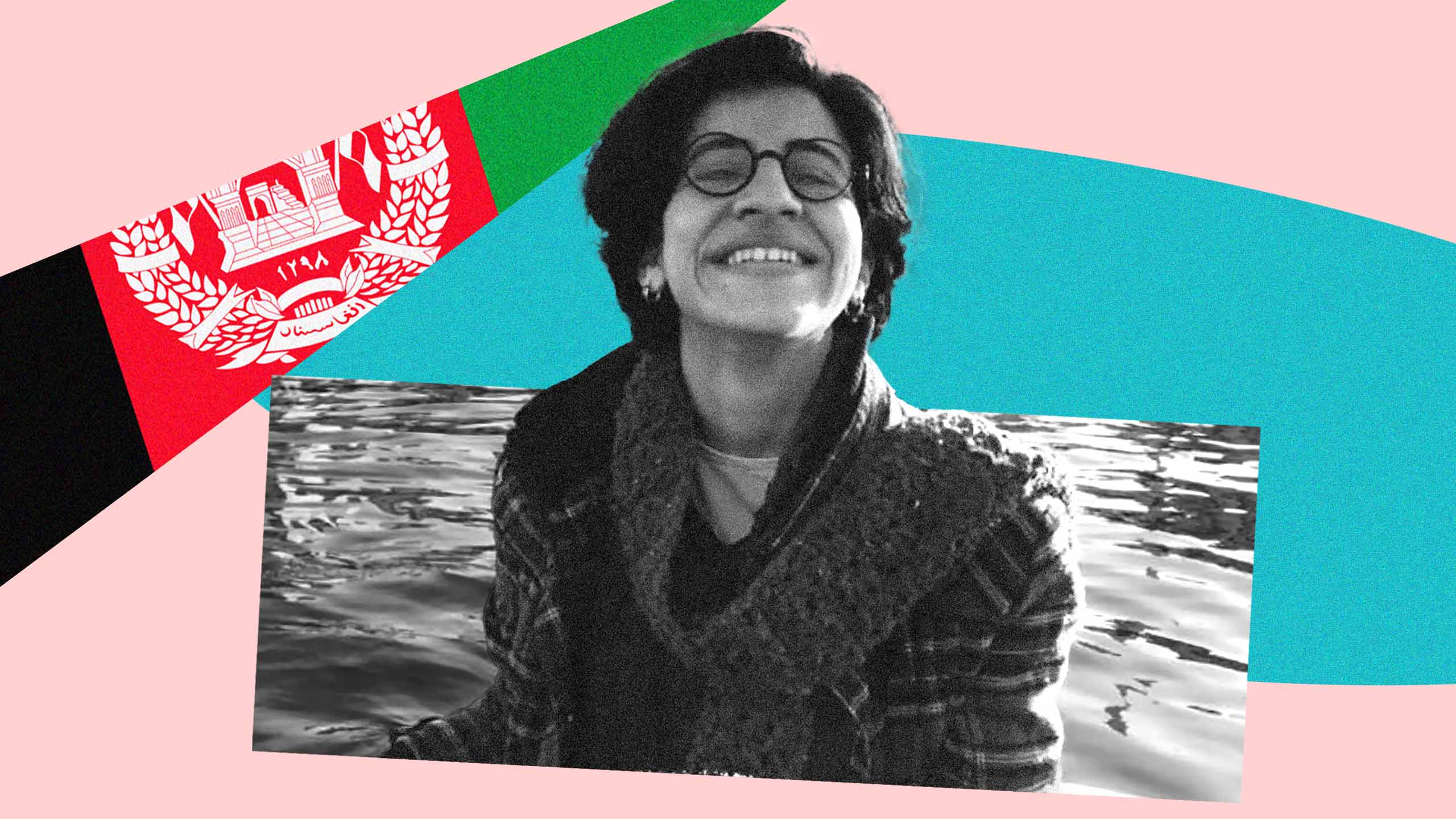In 2017, Egyptian LGBTQ+ activist and lesbian Sarah Hegazi dared to wave a rainbow Pride flag at a Mashrou’ Leila concert in Cairo. The incident resulted in her arrest, torture and eventual flight to Canada to escape persecution. Though homosexuality isn’t technically illegal in the country, gay Egyptians are frequently convicted and imprisoned under such reasons as “public indecency” or “abnormal sexual relations.” In interviews, Hegazi openly discussed the trauma that embedded itself deeply within her following her government-sanctioned torture, leading to panic attacks, depression and nightmares. She was known among her community for her strength, determination and unwavering sense of justice. But the mental health symptoms of her trauma were too much even for her to bear. Three years after her imprisonment, on June 13, 2020, she was found dead by suicide in her Toronto apartment.
For Soudeh Rad, a non-binary queer Iranian based in France, Hegazi’s story is not an isolated case, and is emblematic of the mental health struggles faced by many LGBTQ+ people in the North African and West Asian (NAWA) region. To help tackle this issue, Rad launched the Nour Sarah—“which translates to light of Sarah”—initiative last summer, two years after Hegazi’s death.
A collaboration between the Paris-based queer feminist non-profit Spectrum and LebMASH, a Lebanese non-profit focused on sexual health, the Nour Sarah initiative aims to help LGBTQ+ people in the NAWA region gain a better understanding of mental health issues and receive support in managing symptoms. Rad notes that in places like Iran and Afghanistan, it can be difficult to access mental health services that are queer-friendly, or that understand the specific mental health needs of queer and trans people. Nour Sarah aims to fill this niche somewhat by providing online services specifically geared to these communities.
The group’s main activity is connecting people in the region with a limited run of no-cost emotional support sessions—though Rad notes that they’re also working on creating educational or informative blogs and podcasts in a number of languages. Four counsellors who speak Dari and Pashto, the two official languages of Afghanistan, have been recruited to provide a series of four or five of the sessions to clients who connect with Nour Sarah through their website. These counsellors aren’t queer themselves, so the team at Nour Sarah—which includes Rad and Omar Fattal, founder and board member of LebMASH—facilitates educational sessions for the counsellors to ensure they’re fully capable of supporting the community.
According to Rad, this limited run of sessions is intended to lay the groundwork of mental health support for clients, and to respond to any immediate issues. If clients want to see a therapist or psychiatrist afterward, counsellors help locate someone in their area they can connect with. The first phase of the initiative, which began last fall, has targeted LGBTQ+ people either in Afghanistan, or who had recently left the country—a measure that’s become far more pressing with the rise of the Taliban and the group’s targeting of the queer community.
Eventually, Nour Sarah hopes to expand into Iran and elsewhere in the NAWA region, and offer services in Arabic and Farsi. But Rad notes that difficulties including a lack of funding, the political tumult in Afghanistan and translation issues have limited the capacities of the project. Attempting to create queer mental health content in Pashto, for example, has presented unforeseen difficulties: “the words to refer to LGBTQ+ people don’t even exist, and whatever is used in everyday language is very much LGBT-phobic,” Rad says.
The ability of the project to address queer mental health in Afghanistan has also been limited by how the sessions necessitate stable access to the internet, something that not everyone in the country has. However, Rad attests that the way the project currently connects with people over the internet is necessary to preserve the anonymity of their clients. A queer person looking for mental health help in Afghanistan can head to Nour Sarah’s website and fill out a form to request an appointment. They’re then provided with a code. At the time of their session, they return to the website and input the code to enter the video meeting. No contact information is taken, and the session is held through a secure window embedded directly in the website. Privacy and security are major focuses of the project, especially with the risks of being outed in a country controlled by the Taliban.
As of February, Nour Sarah has received over 60 requests for sessions, and has held about 20. Rad proudly recalls that the response of their clients has been heartening, and has reaffirmed the need for services like this in the region.
“One person had all four of their sessions, then left a comment saying that we really helped them, that everything is now clear to them and they can return to their life; that whatever happens, they will survive and be victorious. That was really heartwarming,” Rad says. Another client commented that after attending their run of sessions, they “have hope for the world again.” On the other hand, there hasn’t been any negative backlash yet; the project has not been targeted by far-right or fundamentalist groups. “With everything that’s been happening in the region the past few months we didn’t even have enough space to promote the initiative, let alone get any backlash,” says Rad.
Nour Sarah is a necessary initiative servicing a drastically under-supported population. In order for it to achieve its goals, it must be provided with the space and funding it needs to grow into its full potential. In aptly naming the project after Hegazi, Rad succinctly outlined not only the mental health issues facing queer NAWA society, but also the bravery and resilience of its people. Hegazi wasn’t just someone who faced terrible injustice and trauma for her identity; she was also a courageous activist who put herself at risk to take a stand for her community. “We wanted it to represent a positive side of Sarah’s story,” says Rad, “which is why we added ‘Nour,’ meaning light. To shed light on the beauty of her life and her strength.”


 Why you can trust Xtra
Why you can trust Xtra


